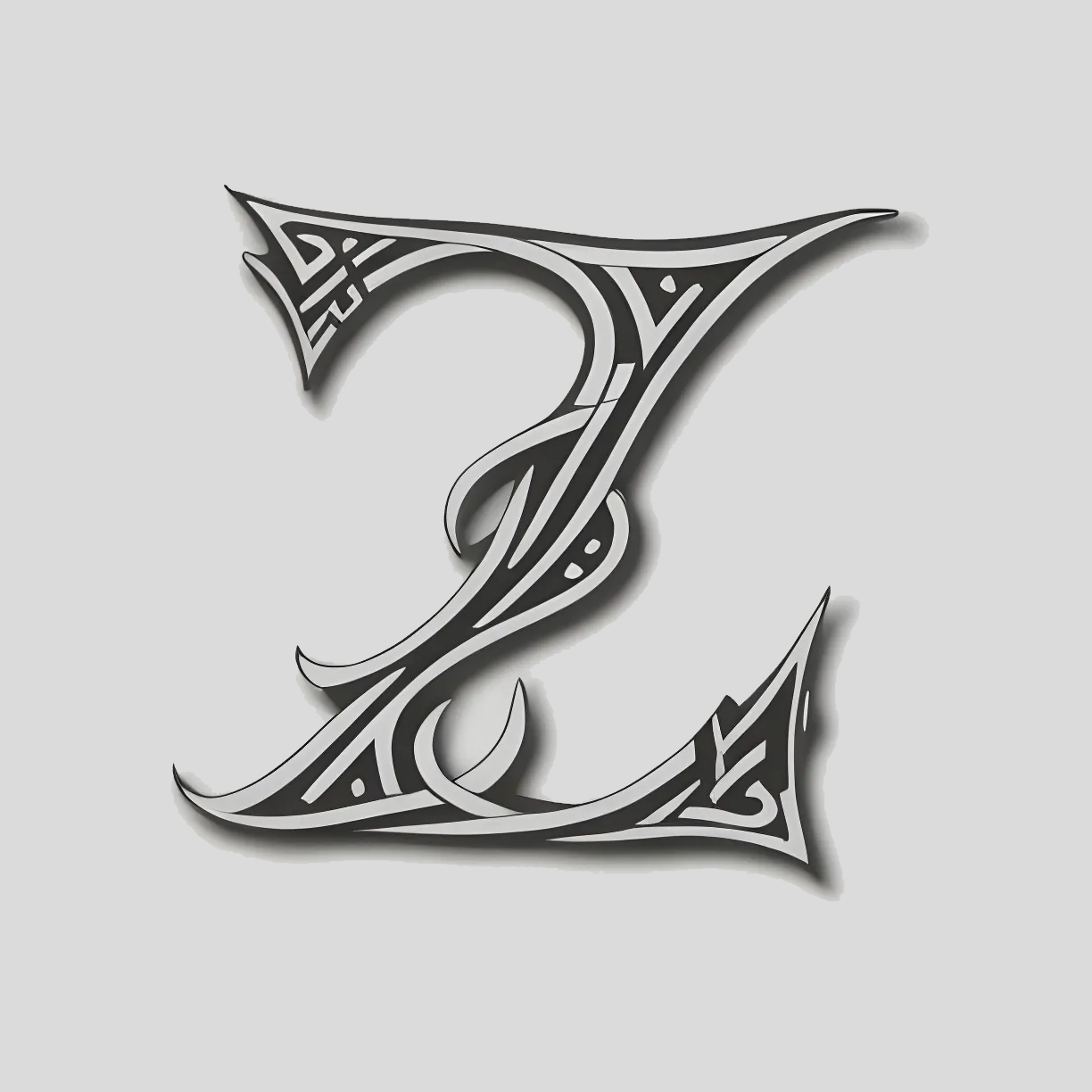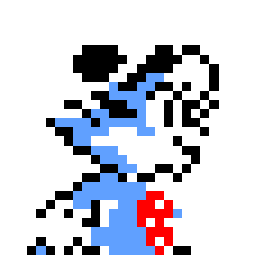So, Grammarly is correcting me a lot on a phrase I tend to use, and I don’t entirely understand the difference.
On a sentence that expands upon a previous sentence in dialog, I tend to have a character say “Which means […]”
Grammarly wants to fix this to be “This means […]”
It’s become clear to me that I tend to use ‘which’ instead of ‘this’ when speaking, but I am not sure why one is preferred use over the other.
Can anyone offer me some insight? I already tried googling “which vs this”, but I got results for “which vs that” instead, which is an entirely different use case.
I’m one for ignoring grammatical ‘rules’ if I feel they obstruct what I’m trying to communicate.
Grammarly will tend to homogenize just due to the type of tool it is and that can be at the expense of a more colourful way of communicating ideas.
To me; “which means” would be used as part of an ongoing sentence. Whereas “This means” is the start of a new sentence.
I’d also argue that they have slightly different intentions: “Which means” gives an air of musing on an idea, thinking on it, developing a conclusion “This means” is more defined and definite, more essay-like in stating the definition of the idea
I’d say, use whatever you think feels more suitable for you, in the moment, to express the ideas that you’re writing. Don’t let grammatical accuracy impose artificial limitation on your expression <3
I remember reading somewhere that if the text is supposed to be conversational, then you can be way more lax with grammar rules. Most human don’t talk like they have a grammar-bot pressing a gun to their back 😝 So OP, you are definitely free to stick with “Which means.” Hell, if this is first person narration, then all the more reason to.
Don’t let grammatical accuracy impose artificial limitation on your expression <3
^ This, 100%!
I could be wrong here, but I think the issue lies in starting a sentence with which. Whereas which would be used in the middle of a sentence. For starting a sentence, this should be used.
Disclaimer: I am not a writer. I just pretend that I know Grammar rules fairly decently.
I’m not completely confident, either, but I was thinking the same thing. It’s not okay to start a sentence with “which”, but if the period between sentences was a comma instead, it would be perfectly fine.
So this sounds like it’s one of those arbitrary technicalities that isn’t a big deal, in a single flow of dialog at least. When a character is speaking, the difference between a period and a comma is a convention of the written medium, in the spoken word it’s not such a clear delineation.
Now, if another character was responding to what the first character said, “this” over “which” seems like it might be more important.
I have to say I much prefer “Which means…” rather than “This means…” in these kinds of cases. It sounds far more natural to me.
Others have already talked about the grammatical rules a bit. I want to offer a “rule of thumb” that really helped me in my thesis writing:
Anytime you’re going to use “this,” especially at the start of a new sentence, rephrase what you’re saying.
For example:
If it’s dialog, then you can write it however your character speaks. Your characters are allowed to make mistakes when speaking. “This means…” comes across like a TED Talk to me. “Which means…” sounds more casual and conversational. And I would use “That means…” if it’s someone expanding/responding to someone else’s statement.
“The device is flashing red!” Said Frank. “That means we’re all going to die!” Said Steve.
“I’m feeling congested, which means I might be getting sick.”
“The socioeconomic climate of the place is bad. This means bad things are going to happen.”
It all depends on who is talking and what they’re saying. As a narrator, you are also allowed to speak in your own voice when writing. Grammar shouldn’t always be homogenous and strict, especially if you’re making art.
“Which” to me indicates options exist to enumerate, but several aren’t mentioned, whereas ‘This’ is to expressly define something previously mentioned. I believe this to be the case that Grammarly is applying.
However, from a usage perspective, I feel the usage of ‘which’ or ‘this’ (along with '‘that’) frequently add no information to a sentence, and is best to be removed unless your text is trying to be conversational (where words are added for courtesy or to help with fluency).
And it is in a conversation format (i.e. character dialog) that Grammarly is finding this phrase to correct.
Your options are
I’m hungry, which means I should eat.
Or
I’m hungry. That means I should eat.
If you’re getting pinged for using “which” wrong, it’s probably because you are using a period before “which” instead of a comma, which I’ve shown above.
This means that when “which” introduces a subordinate clause it is treated as a conjunction, which means it can’t begin a sentence.








